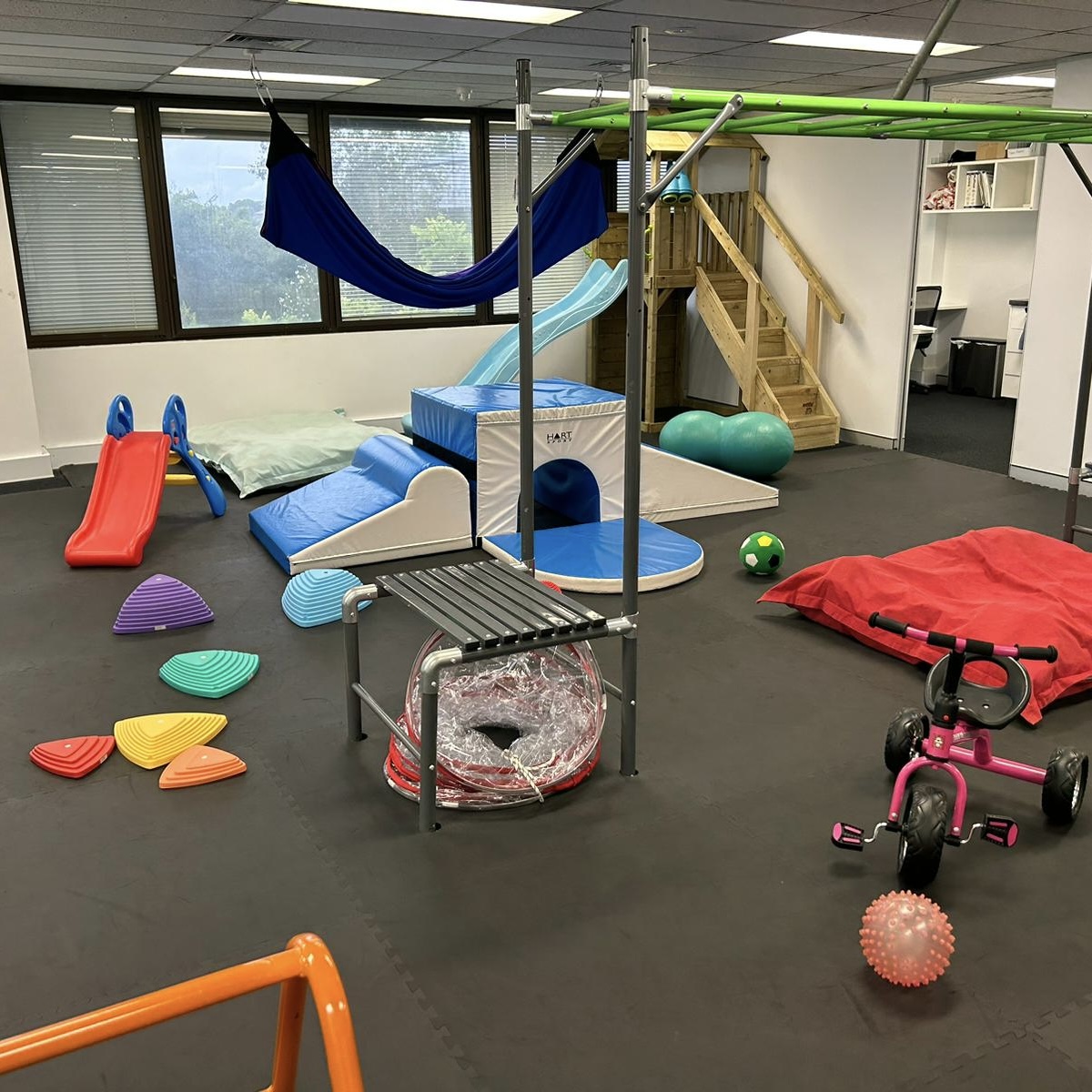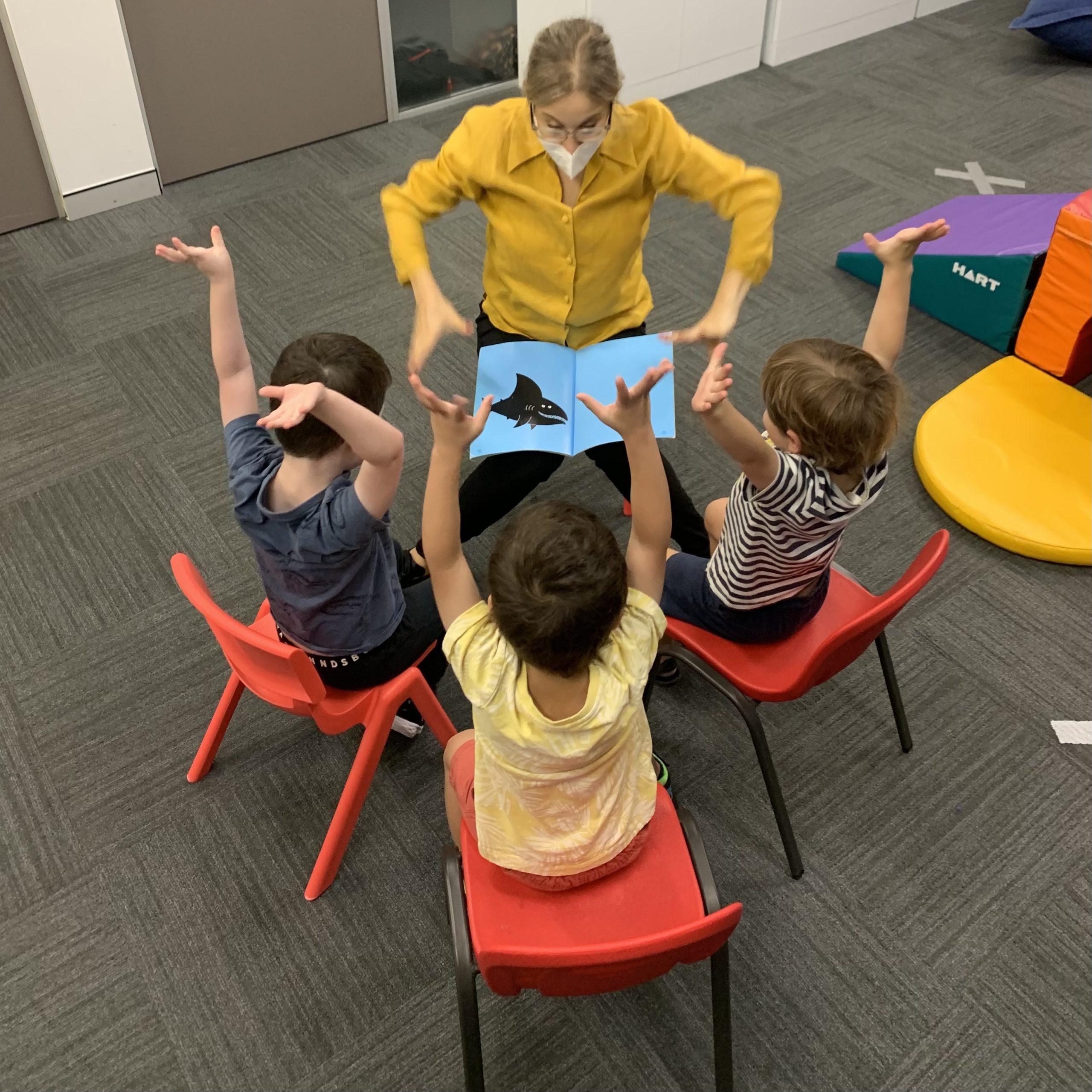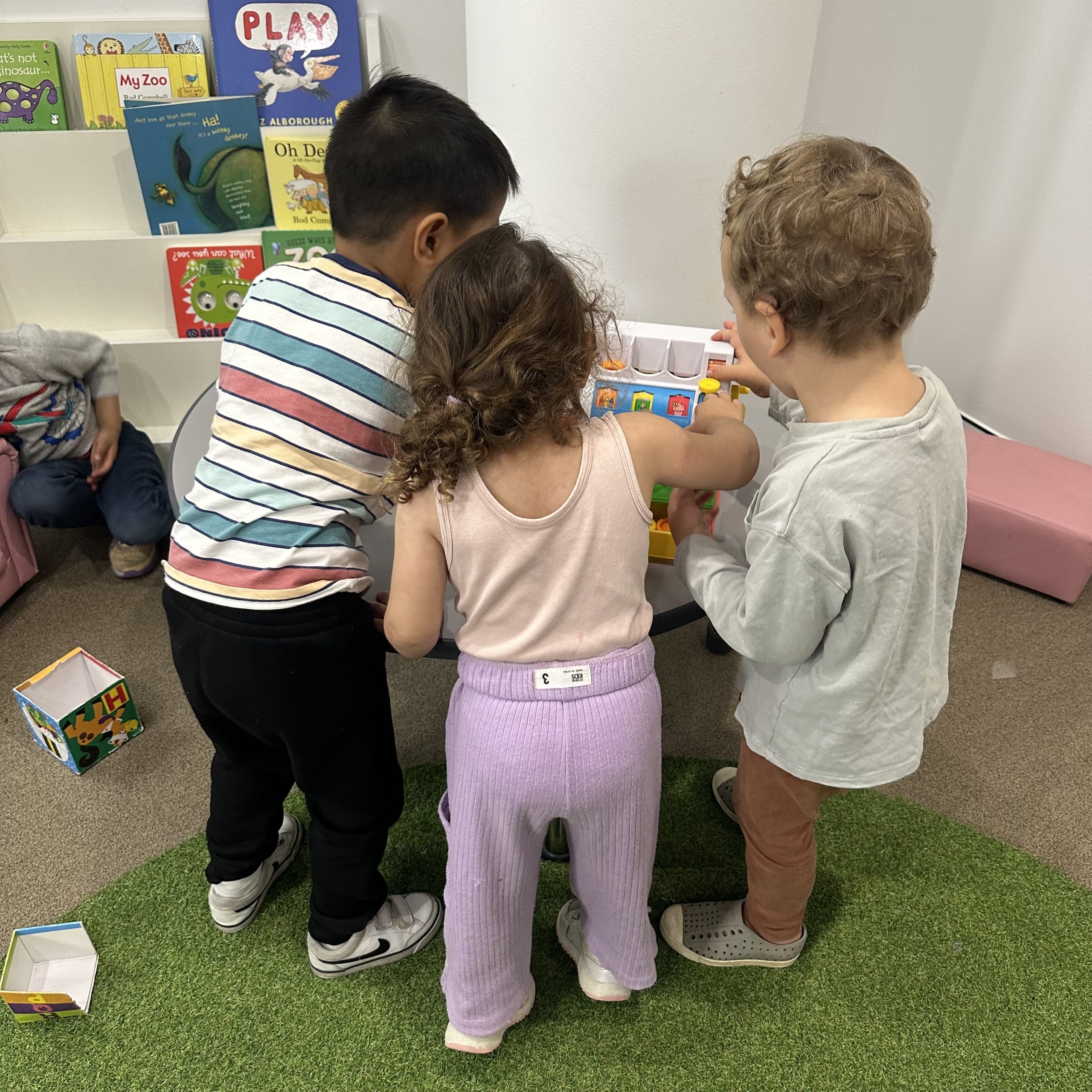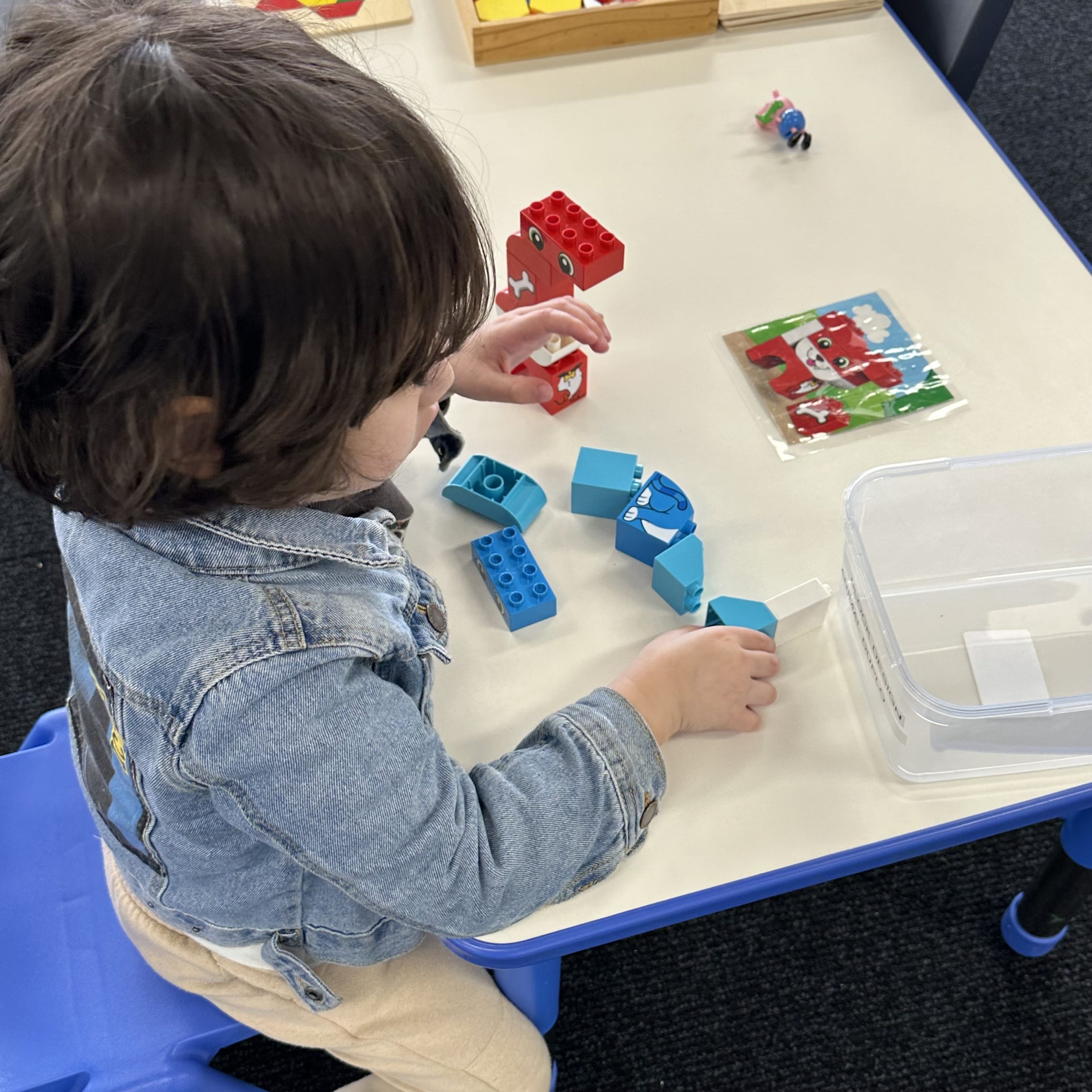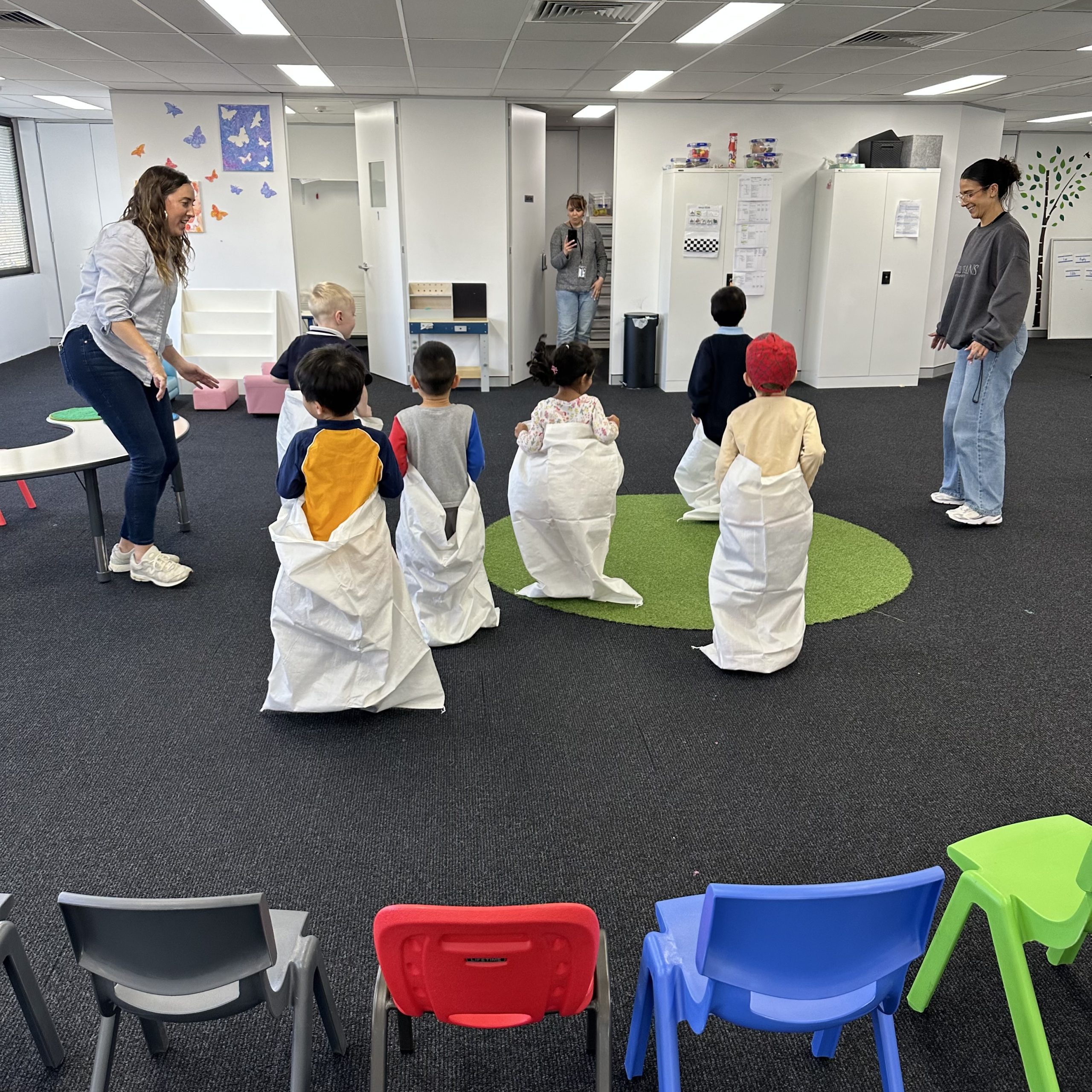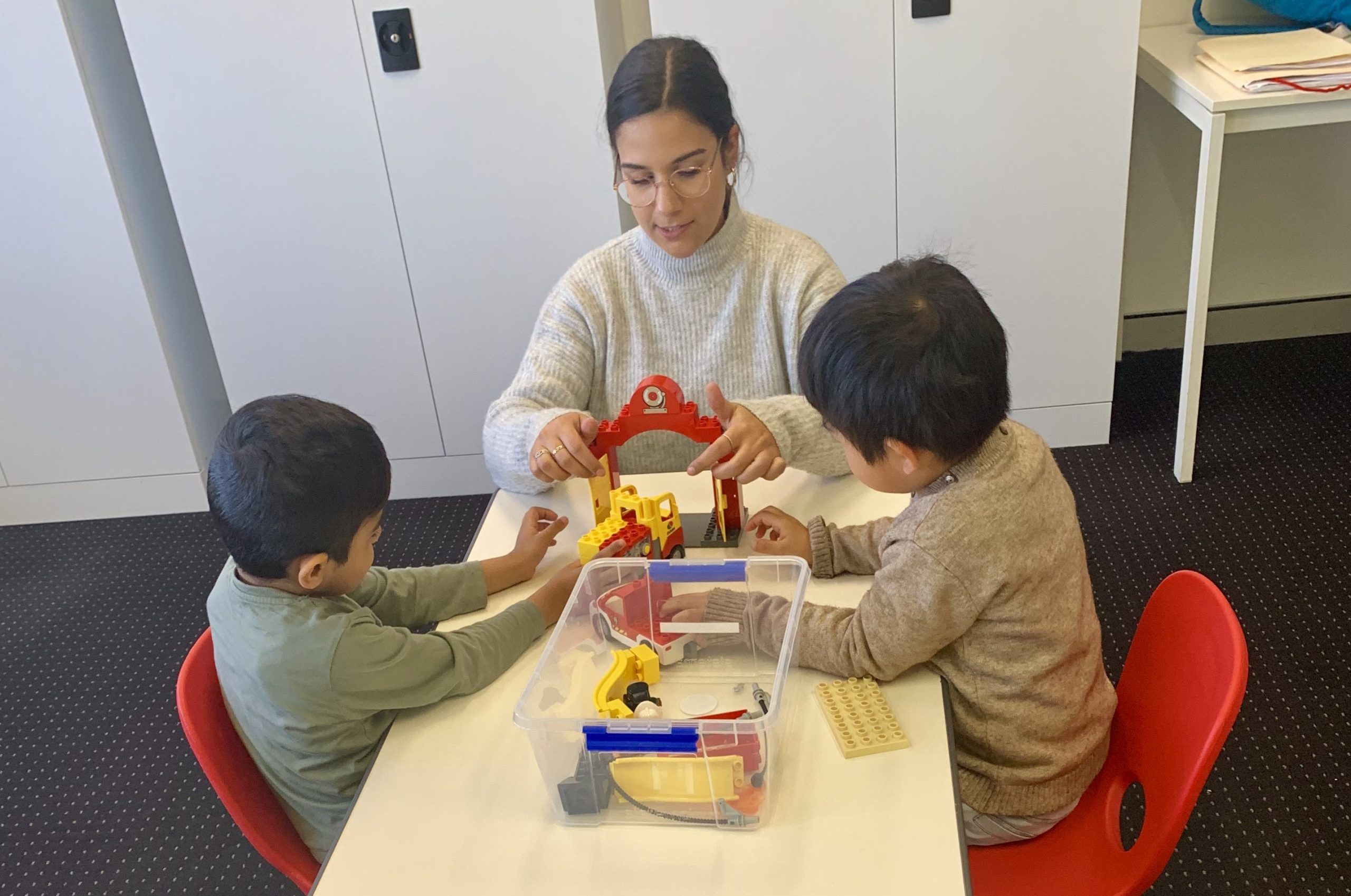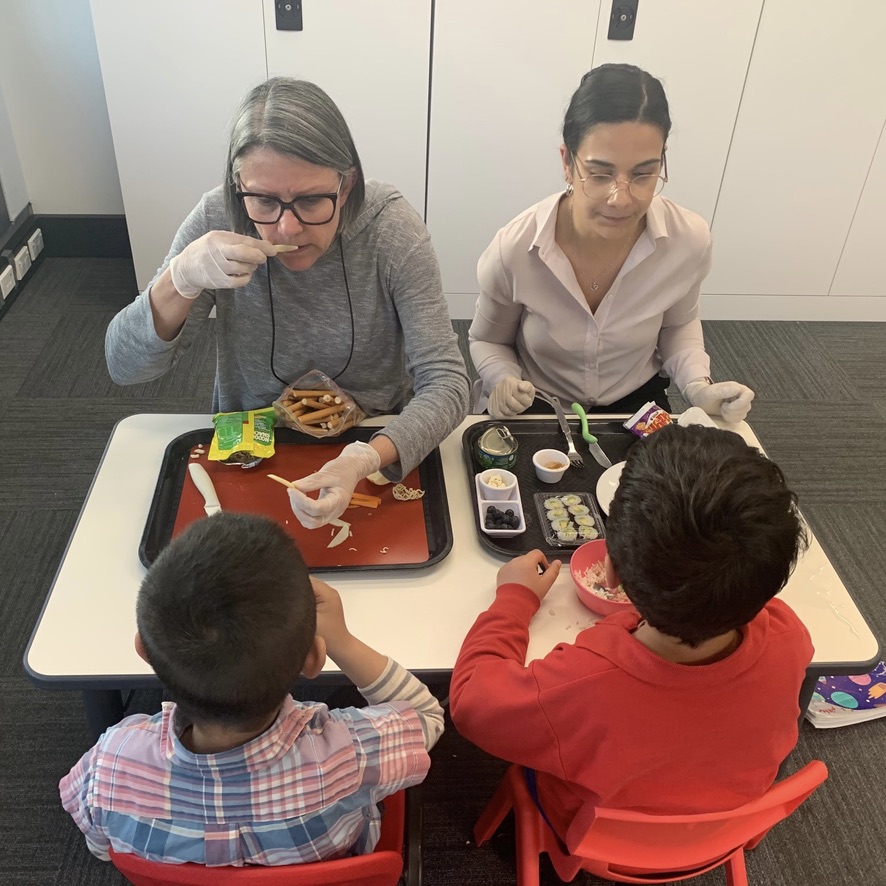
Why Children with Autism Don’t Eat the Food at Their Childcare Centre: Insights from Therapists in Bondi Junction and Mascot For many parents of children with autism, ensuring balanced eating is a big challenge. Childcare centres, in particular, can make mealtimes stressful. Children with autism often face sensory and social hurdles around food. By understanding these, parents, caregivers, and therapists can help create supportive eating strategies. Here’s why children with autism might avoid food at childcare and how OneOnOne Children’s Therapy in Bondi Junction and Mascot can help. Sensory Sensitivities Impact Food Choices Children with autism often experience intense sensory…


